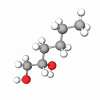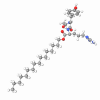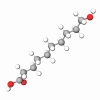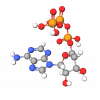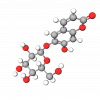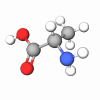Hydrolyzed Vegetable Protein is a general name for enzymatically or chemically hydrolyzed grain proteins extracted from various sources, including oats, wheat, maize, and soybean. It is compatible with almost all compounds used in personal care products.
High-quality Hydrolyzed Vegetable Protein has excellent conditioning, moisturizing, and film-forming properties with virtually no color or odor. It is substantive to both hair and skin and with its low molecular weight of 600, it will easily penetrate these substrates.
Incorporated in skin care applications, Hydrolyzed Vegetable Protein provides a moisturizing and dermo-protective action and is used in creams, milk cleansers, gels, and lotions. In hair care products, it acts as a conditioner, moisturizer, and restructuring agent used in shampoo, packs, and hair-setting lotions.
In cleansing products, it reduces the harshness of traditional surfactants. It improves skin elasticity, speeds up recovery, and enhances hair moisture retention.Hydrolyzed Vegetable Protein is a safe ingredient derived from natural raw materials, non-irritant for skin and eye, and hypoallergic (has a low sensitizing profile).
A novel study calculated the protein's Hydration Protection Index (HPI) based on the differences between Young's Modulus measurements before and after treatment with the protein at extreme humidity. This HPI is a moisture-regulating mechanism indicating that hair treated with Hydrolyzed Vegetable Protein will be less sensitive to extremes in humidity, more manageable, and more likely to keep its style longer. Because it can also penetrate the cuticle, there will be less incidence of split ends.
A separate in vivo study on skin found that, at 1.0% active, Hydrolyzed Vegetable Protein significantly increases skin extensibility, an accepted marker for measuring skin moisturization.
